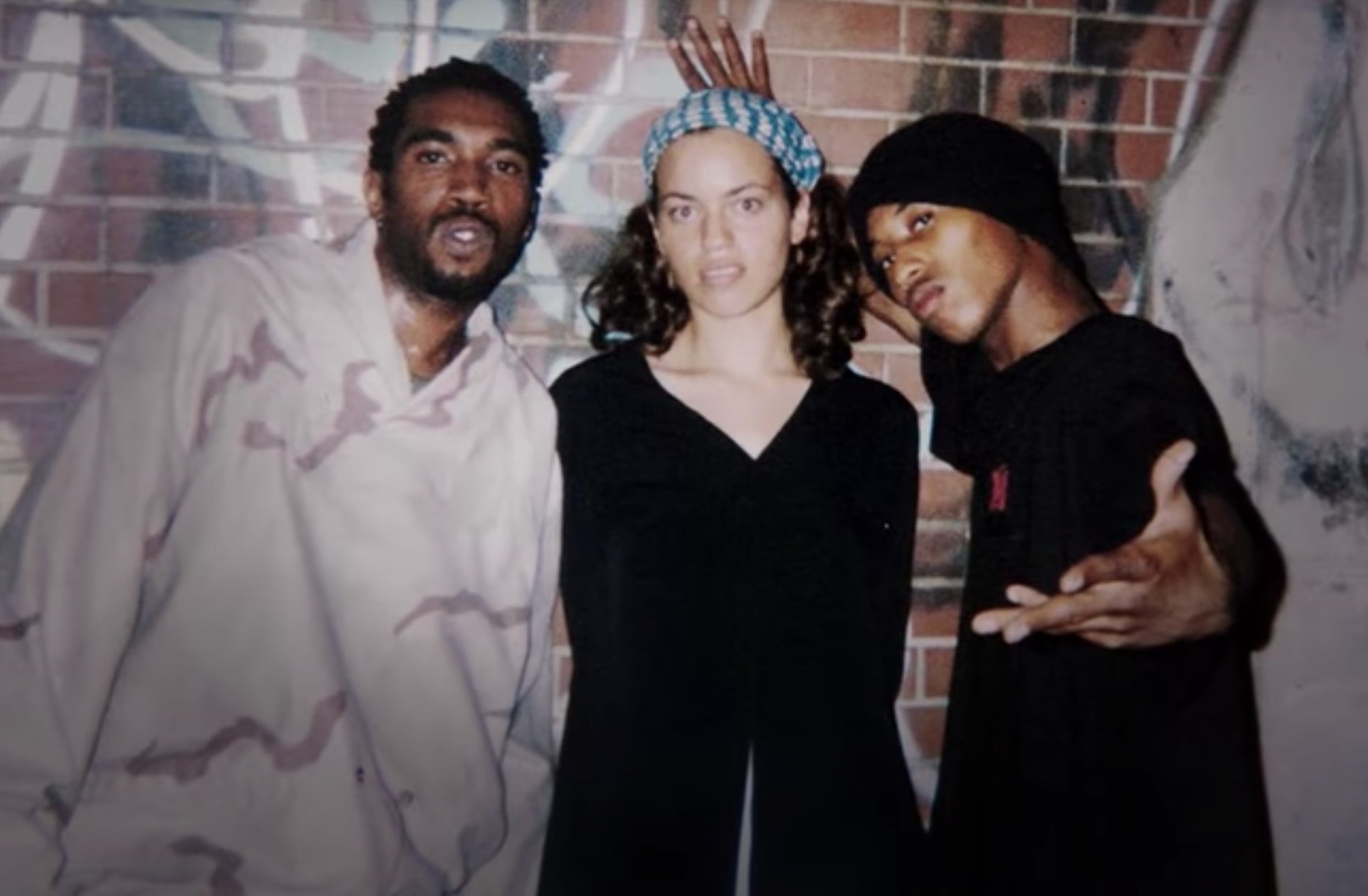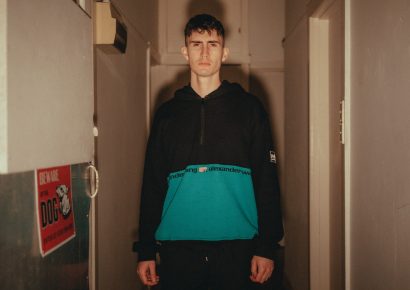★★★★
Note: The following review contains sexual violence themes and testimony of sexual assault pertaining to the depictions of the On The Record documentary. Reader discretion advised.
On The Record is a powerful and confronting exploration into the sexual assault allegations against hip hop and rap ‘godfather’ Russell Simmons from the female gaze of his numerous accusers.
“I want to be a warrior, I’m tired of being a victim.” – Drew Dixon.
If you don’t know who Drew Dixon is, learn her name and explore her rich musical resume before knowing her story. Dixon should’ve been making different headlines to those that follow her now. Once a prominent figure in the music world as an A&R executive at Def Jam Recordings and Arista Records in the early ’90s, Dixon was leagues ahead of the rest with a promising career on the horizon.
She championed the biggest names in hip hop including The Notorious B.I.G., paired Mary J Blige with Method Man for the Grammy Award-winning duet, ‘I’ll Be There for You/You’re All I Need to Get By’ and Aretha Franklin with Lauryn Hill for 1998’s ‘A Rose Is Still A Rose’, and had a keen eye for talent seeing greatness in scene newcomers Kanye West and John Legend.
Then she disappeared entirely. From career highlight – working with hip hop mogul, Russell Simmons, whom she was “proud of” and had love for – to silence.
In 2017 as the #MeToo movement was heating up, Dixon broke her silence, re-emerging in The New York Times, to go public with her account of having been raped by Simmons. Over 20 women have since spoken out against Simmons with similar accounts of sexual assault. On The Record is an empathetic exploration into the accusations, following Dixon as she sifts through the aftermath of speaking out.
“After finding peace, it’s inviting chaos into our lives,” she says.
But it’s much more than that. As a passionate music champion, Dixon explains that she also “didn’t want to let the culture down”. A culture that has a frightening history of misogyny and race division embedded deeply in both the music community and the Black community through dialogue, representation and values. On The Record does an admirable job dissecting this.
Through the voices of prominent Black thought leaders, activists, journalists, and academics including #MeToo founder Tarana Burke, author Kimberlé Crenshaw, Shanita Hubbard and Kierna Mayo, the concerned topics are tackled with great insight and execution.
Hip hop feminist and author Joan Morgan explains in the documentary, “When things went awry, if things were uncomfortable, if they were misogynist, if they were sexist, you didn’t get a lot of sympathy for that. That was considered the price of admission.”
“That language [used by males in the industry] set the tone but I didn’t see it at the time,” Dixon further attests.
A backdrop of music videos with rappers surrounded by nearly-naked females, and songs containing vile lyrics towards women carousels, standing as clear evidence of the discourse.
On The Record shifts between breaking down the industry culture, discussing the prominence of the #MeToo movement, telling Dixon’s story, and telling other accusers stories all while drawing on sound evidence. The documentary structure could have been more linear, but it still gets the message across loud and clear.
The standout detail for the documentary, however, is in directors Kirby Dick and Amy Ziering’s empathetic approach to tackling the heavy topics. This is particularly notable when Dixon and fellow accusers Sheri Sher, Sil Lai Abrams and Alexia Norton Jones are recounting their sexual assault and rape stories.
The underscoring beats fade to dead silence. “I blacked out as a self-preservation strategy,” Dixon recalls. “I was reduced to nothing in that moment. I was nothing. I was trash.”
“I was a living crime scene,” Sher recounts. “He pinned me down on the couch in his office and I was screaming.”
It’s triggering, it’s confronting, and it’s highly-emotional watching these women relive their trauma caused by Simmons. But it is important.
Dick and Ziering capture the aftermath of not only enduring the assault but the scars that these women carry each and every day. They capture the repercussions for victims; the career opportunities they have lost and the relationships that have broken down as a result.
They capture the trauma of speaking out and being pitted against their accuser and community, but also the underlying sense of female empowerment. As Kierna Mayo says, “We lose, we all lose when brilliant women go away.”
On The Record not only forms an understanding of the accusations and the events, but is also fuel for discussion in the music industry, in the Black community and wider society around rape culture, sexual assault and misogyny.
On The Record is screening as part of MIFF 68½. The festival runs from now until Sunday August 23. Head to the festival website for tickets and the full program.
Never miss a story. Sign up to Beat’s newsletter and you’ll be served fresh music, arts, food and culture stories three times a week.







